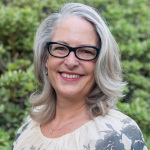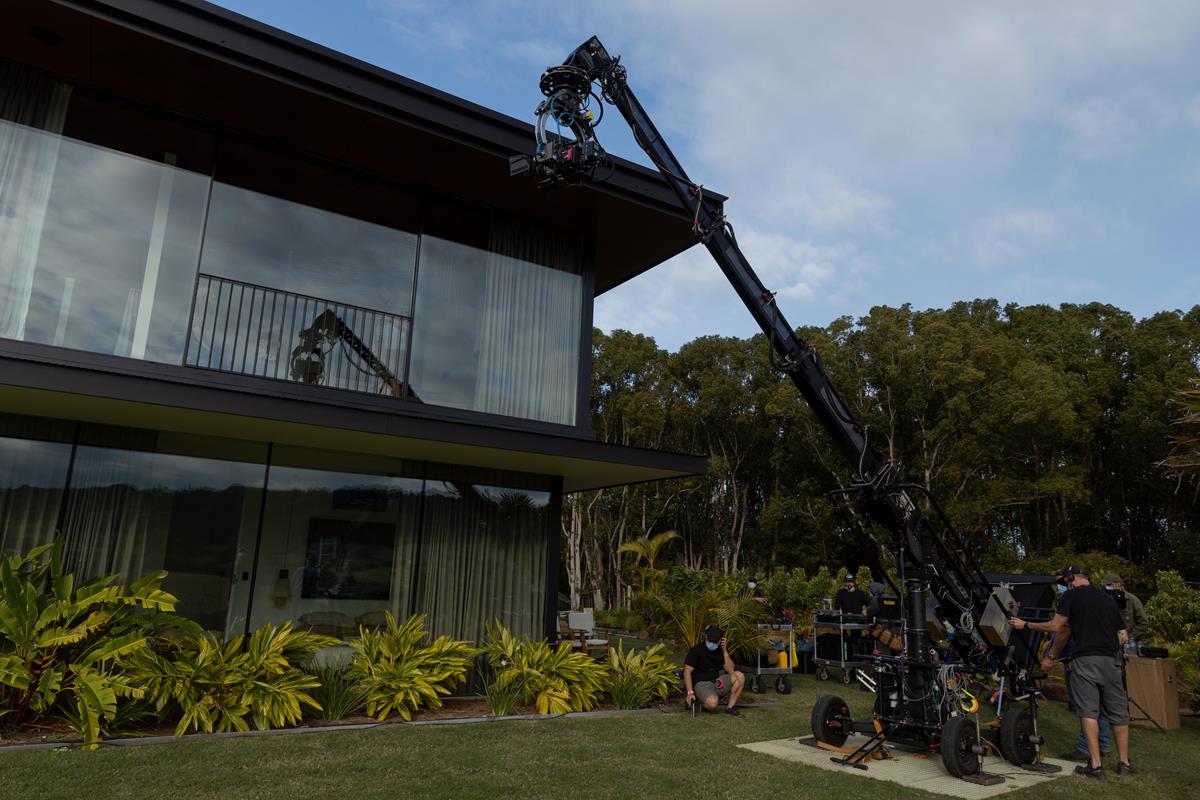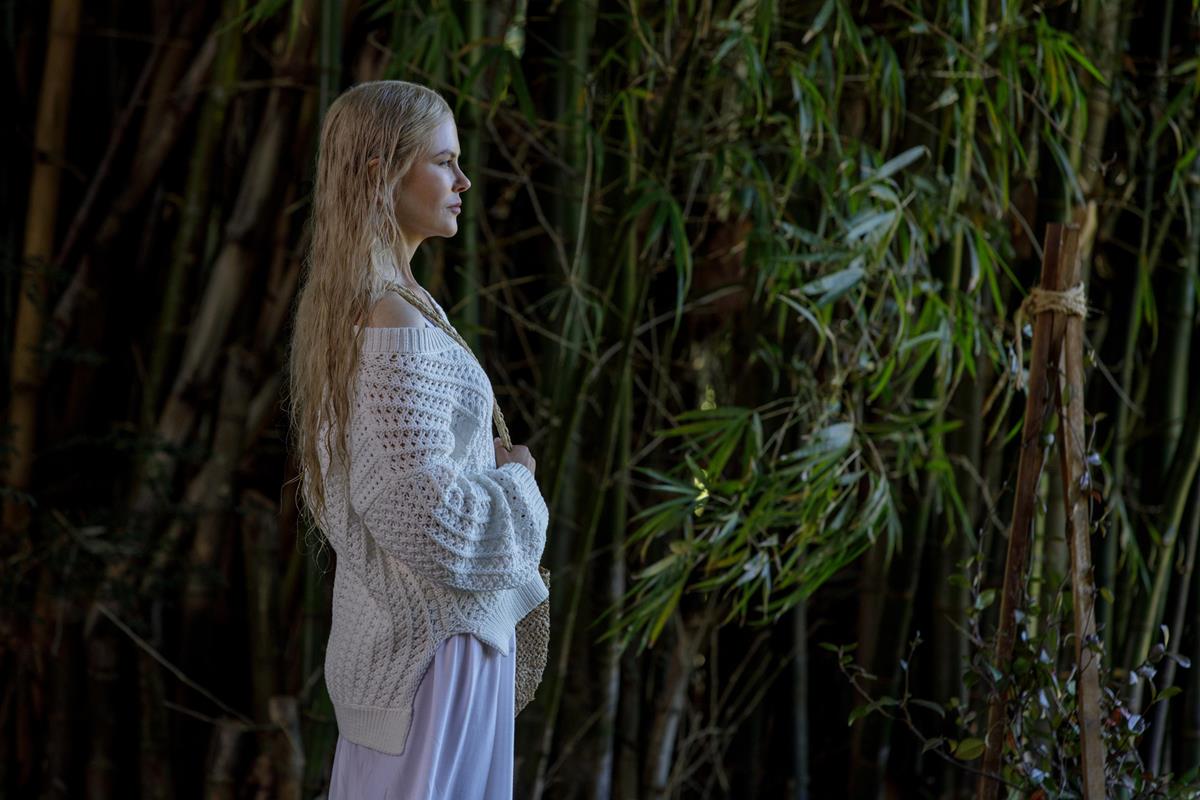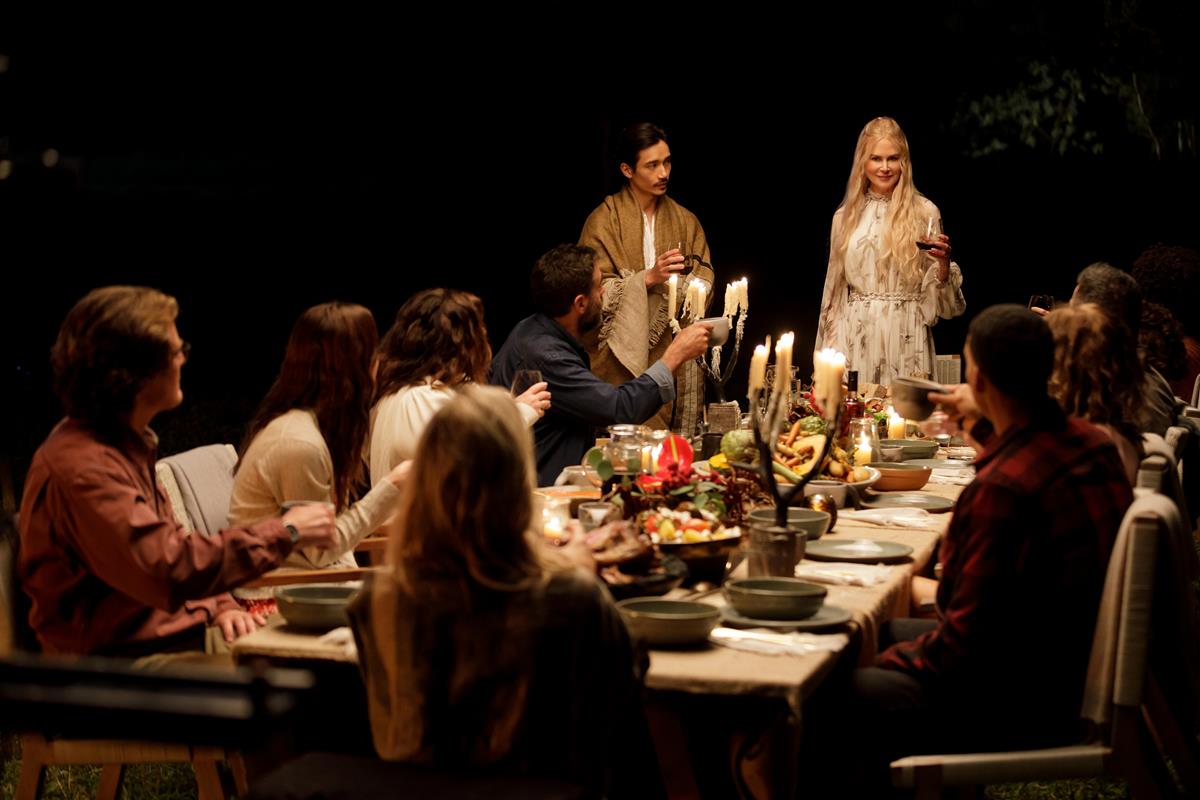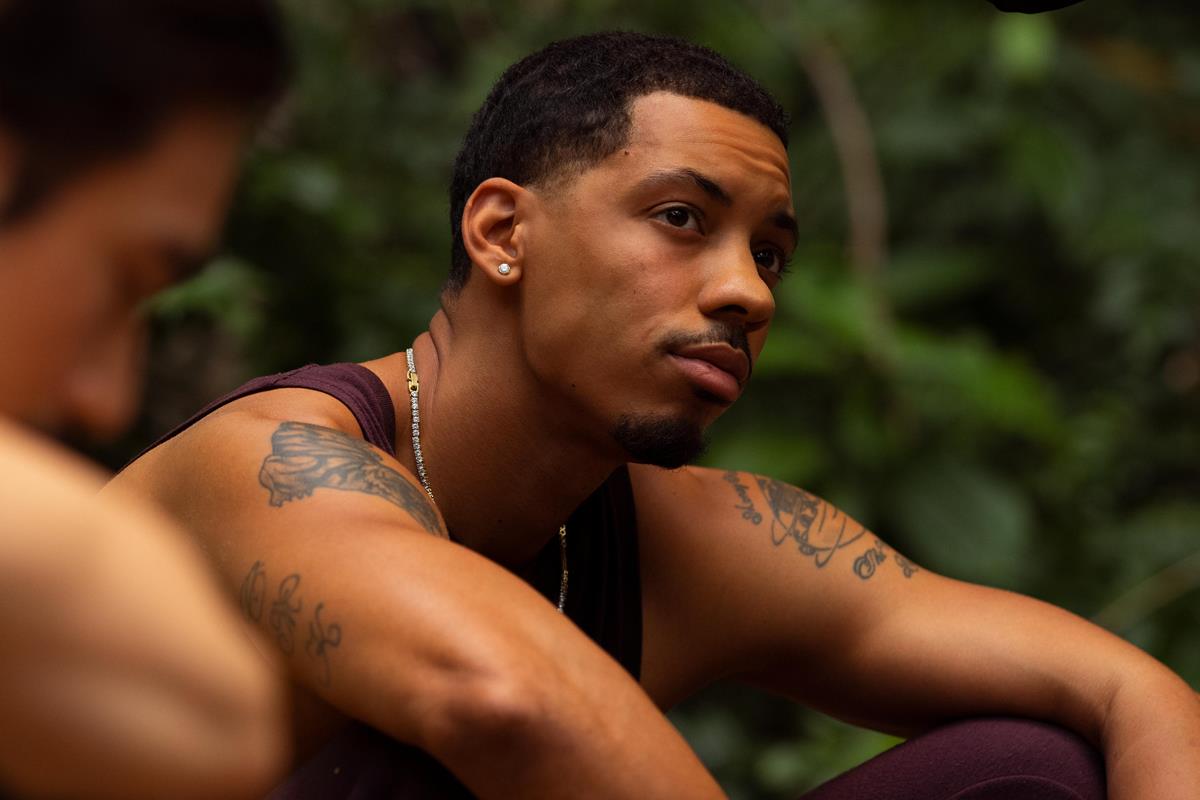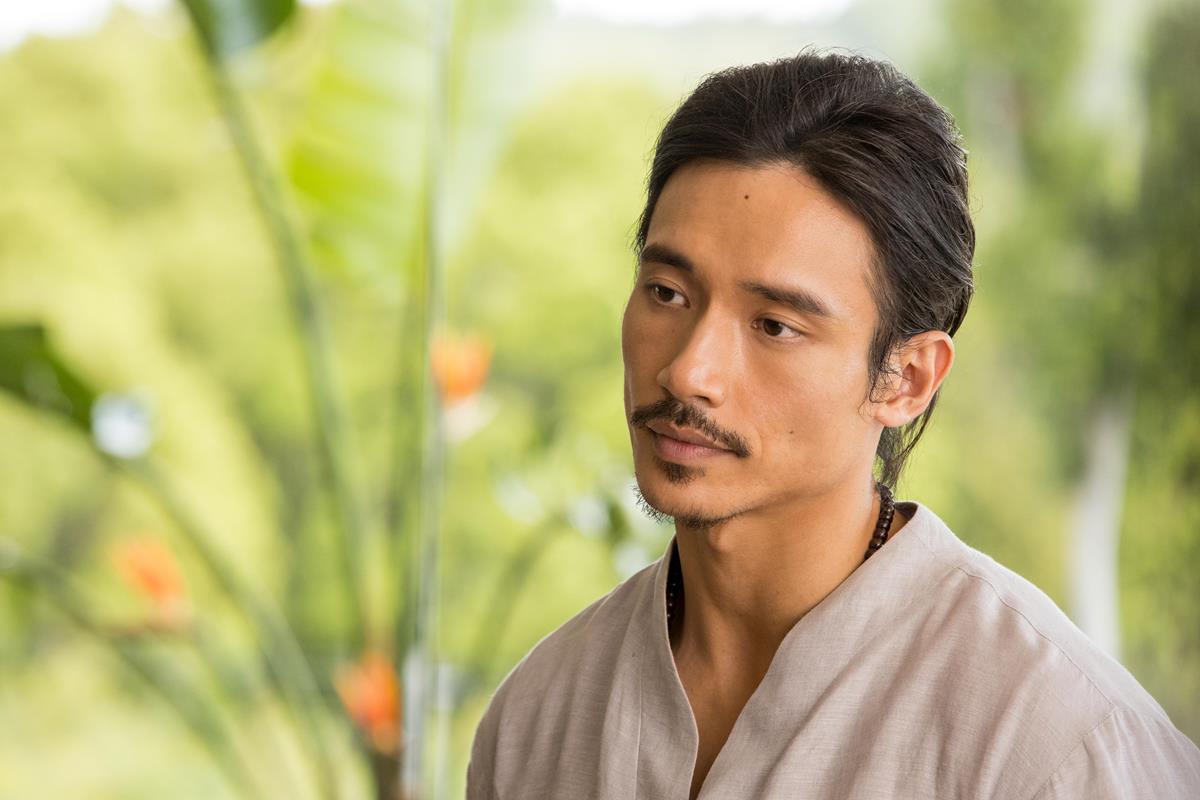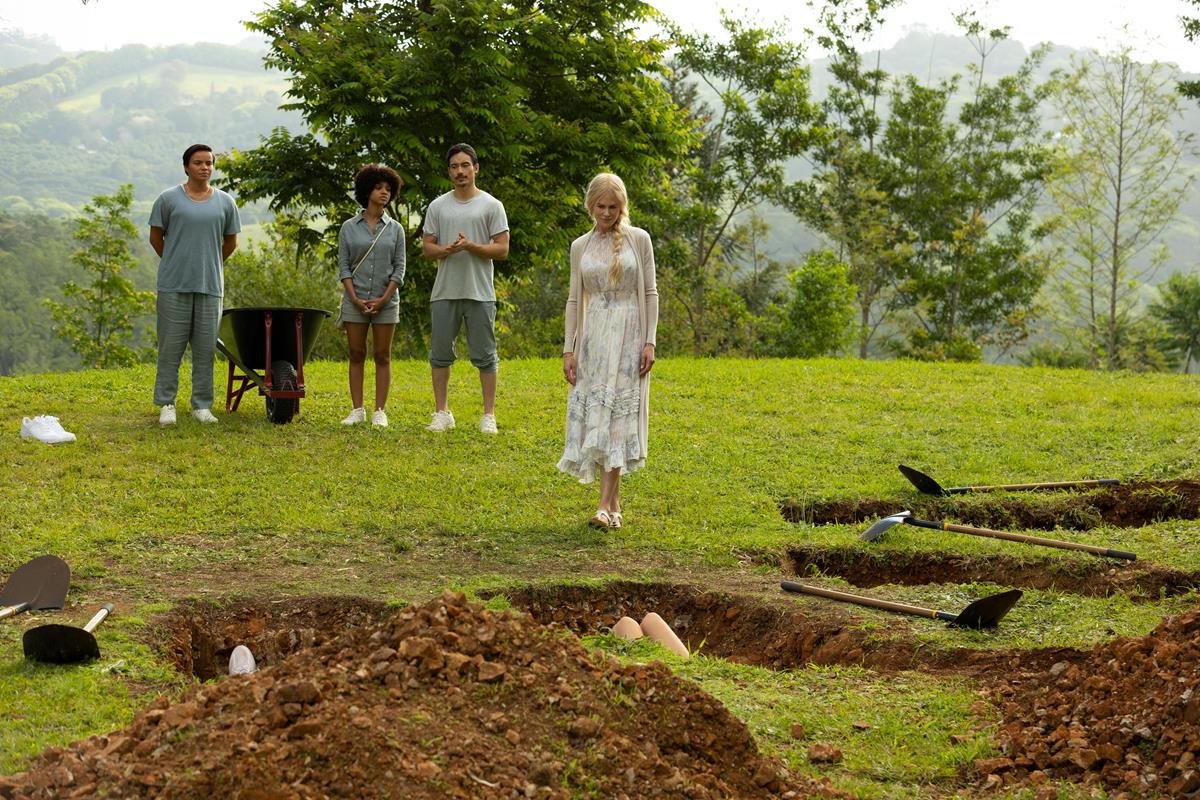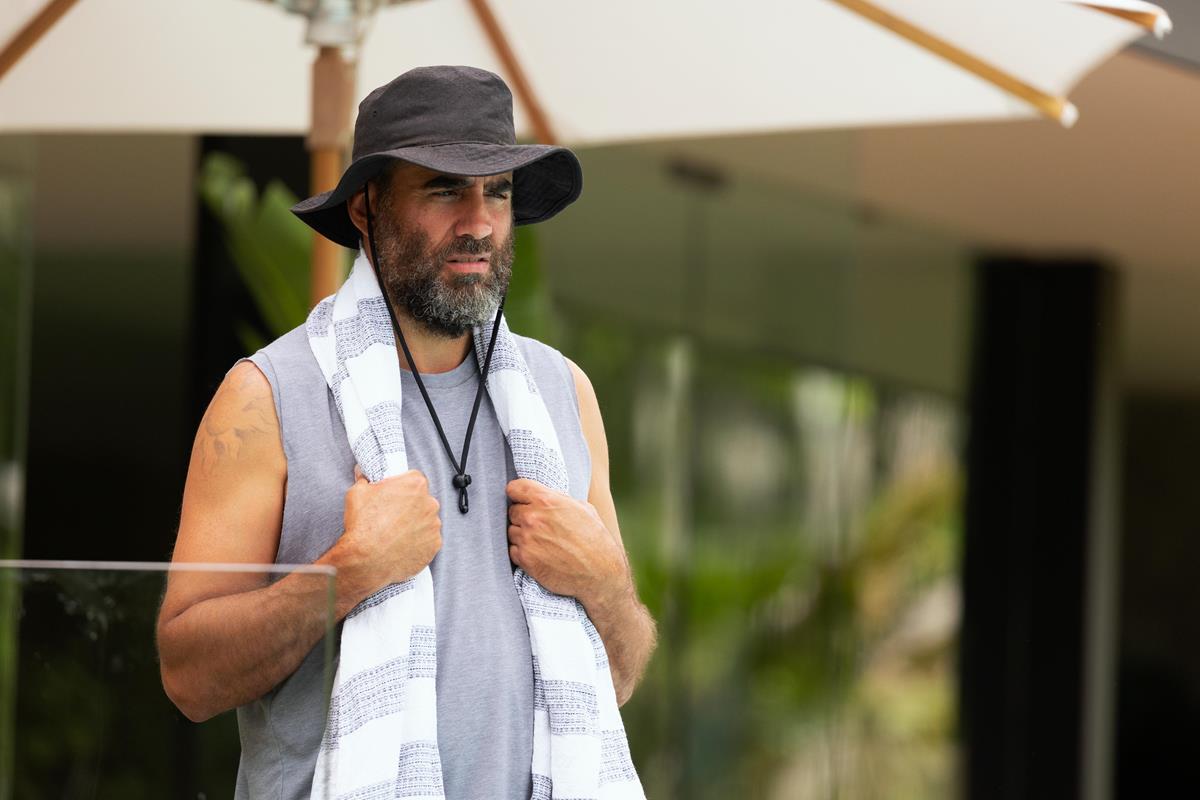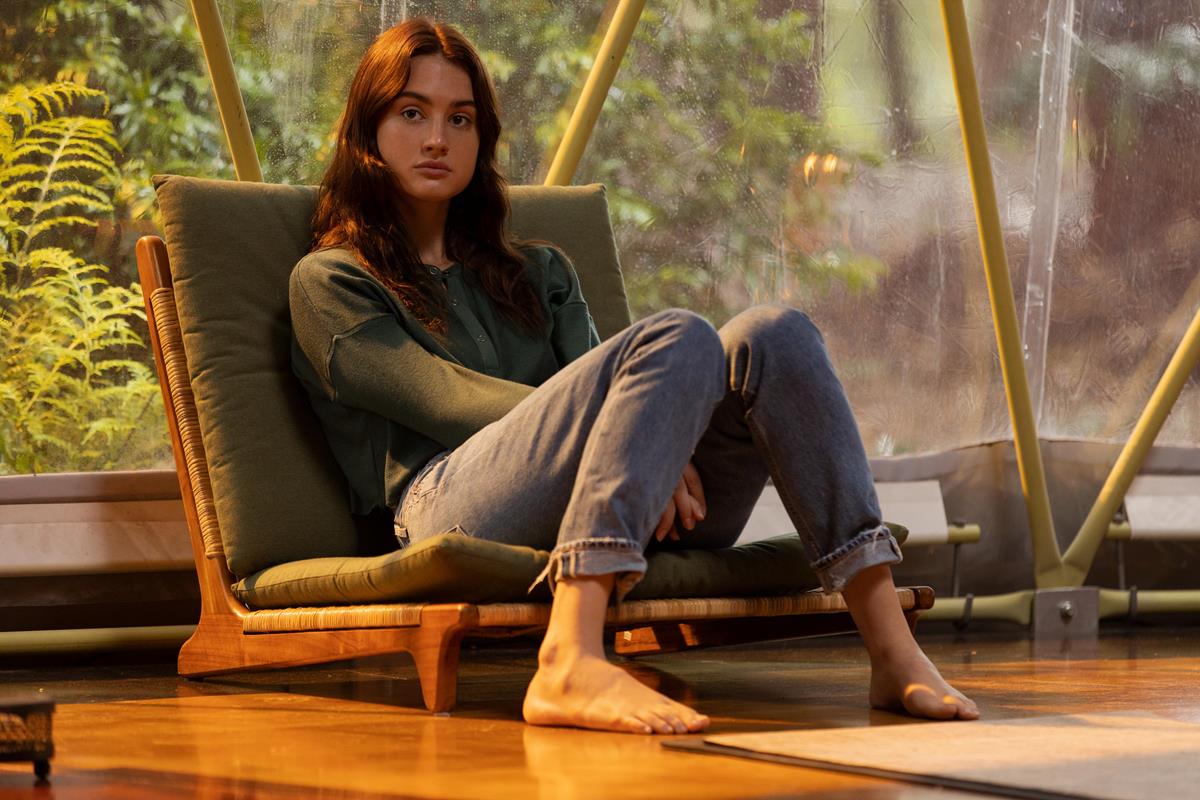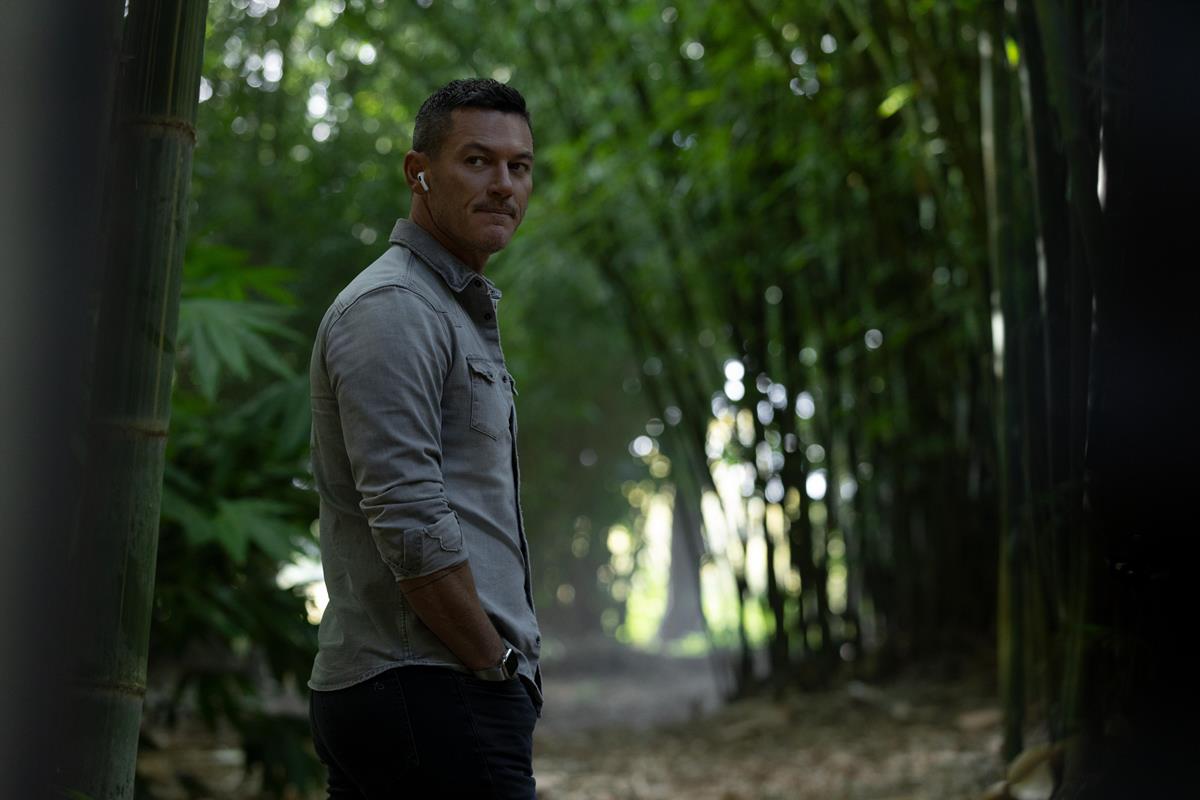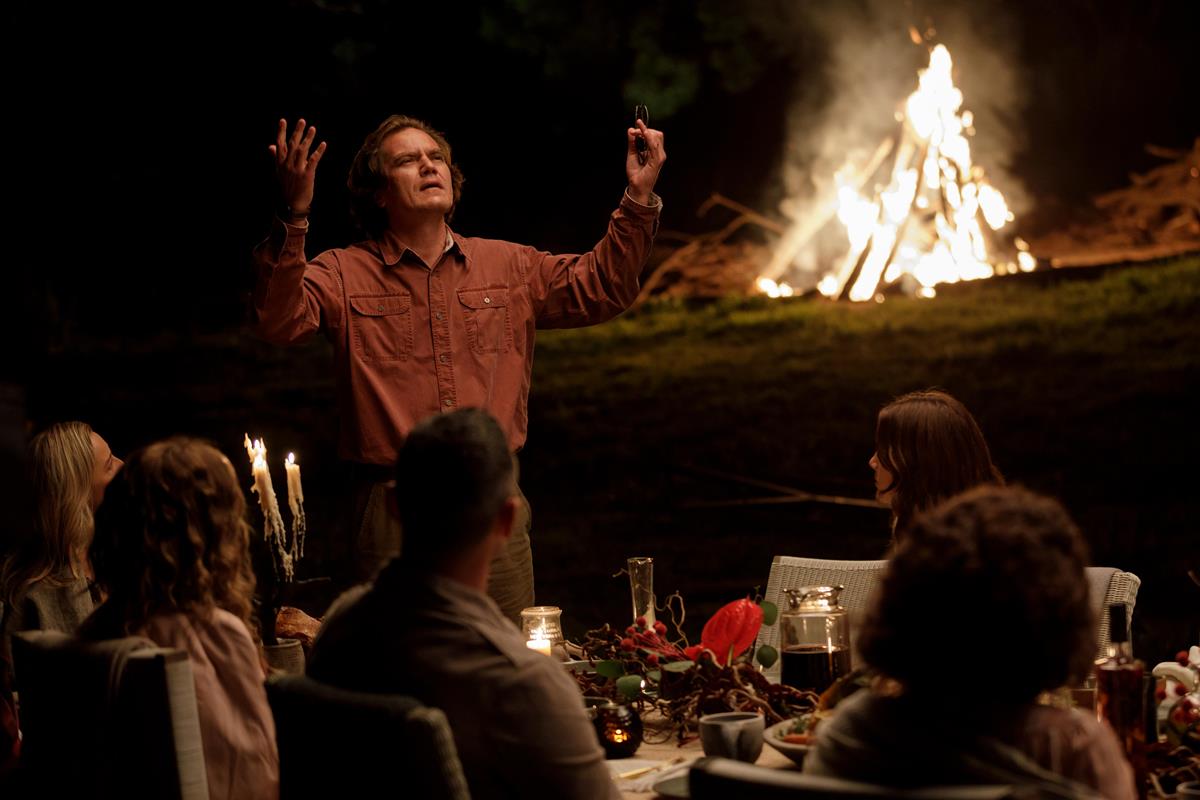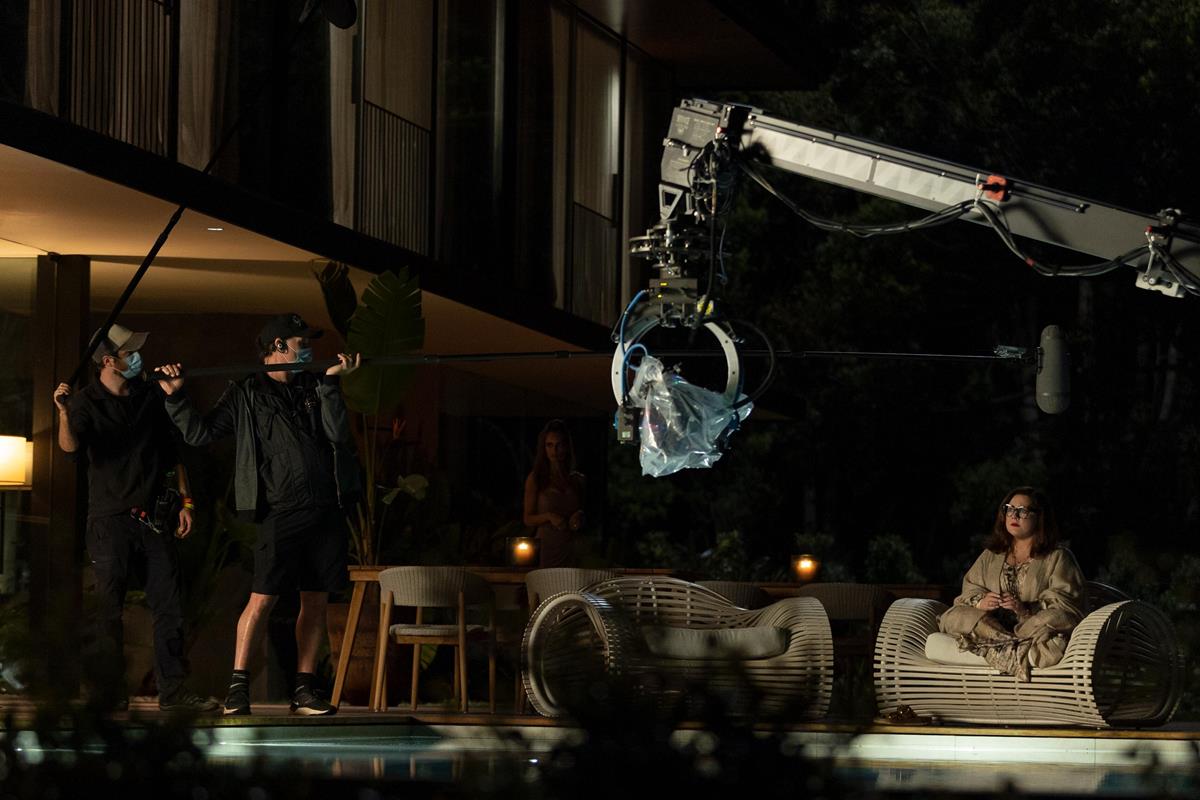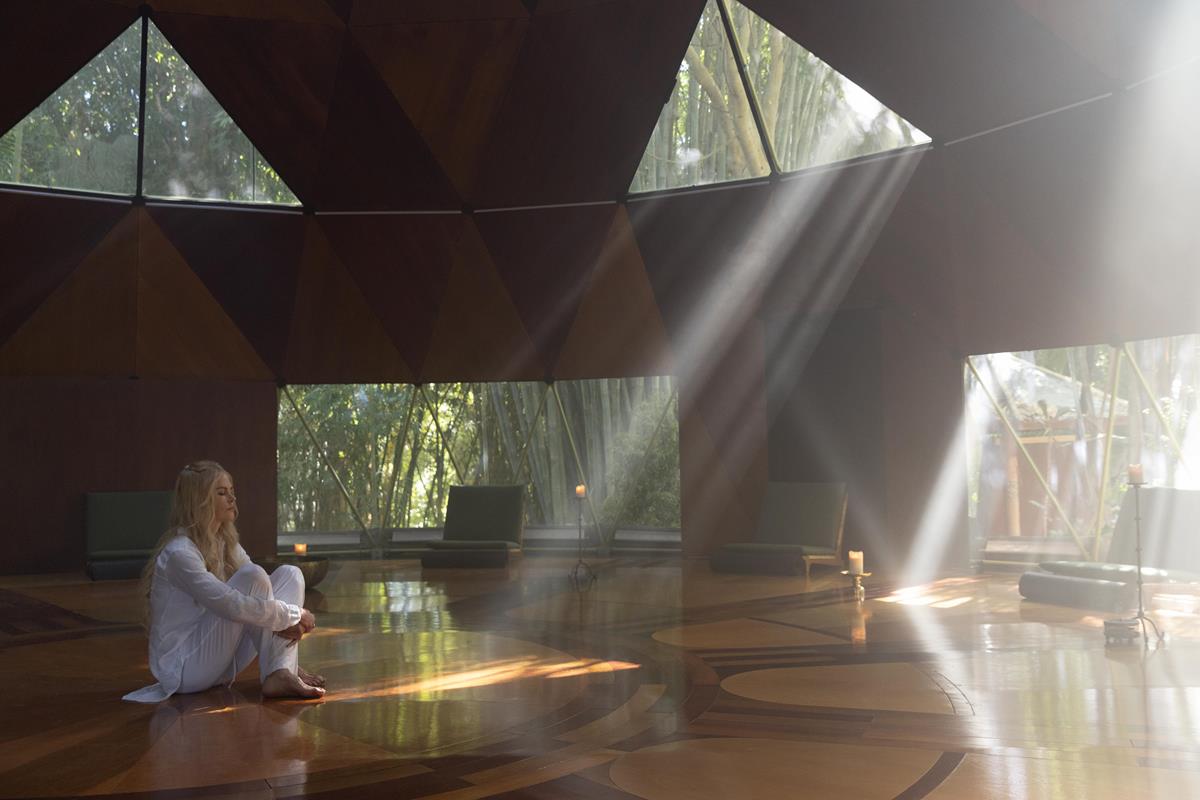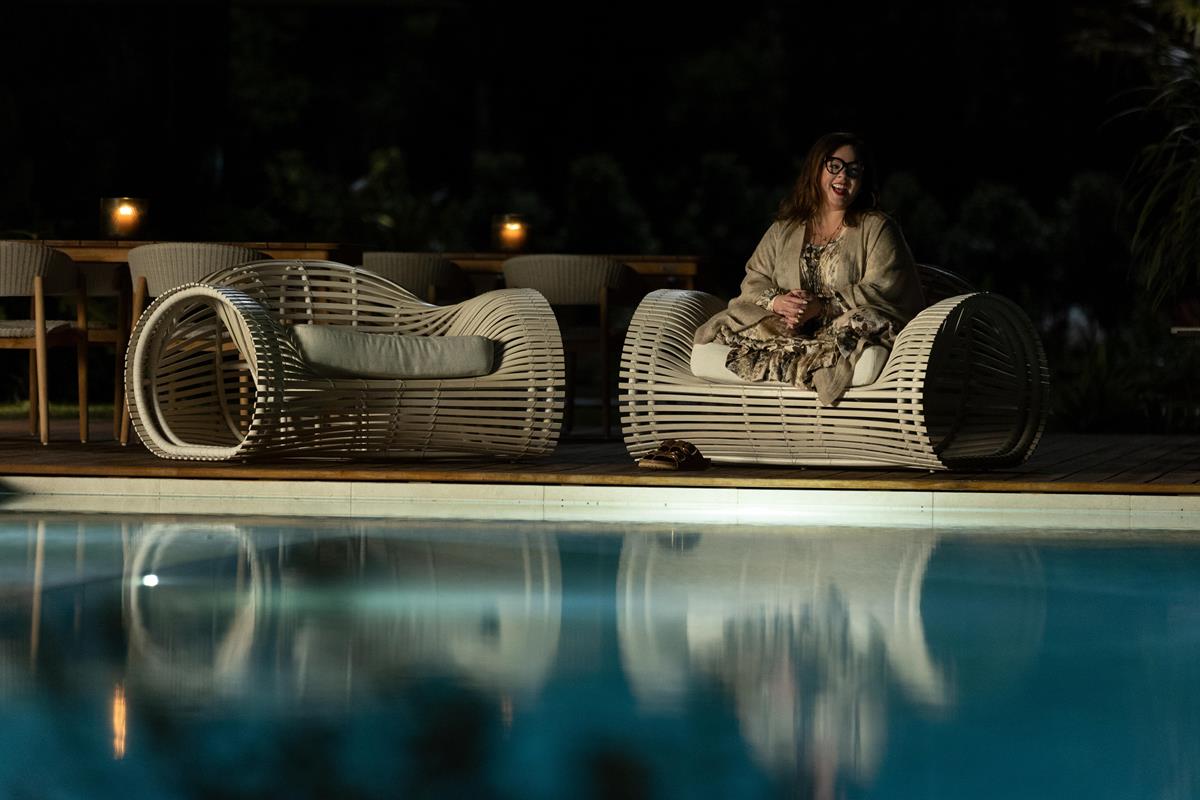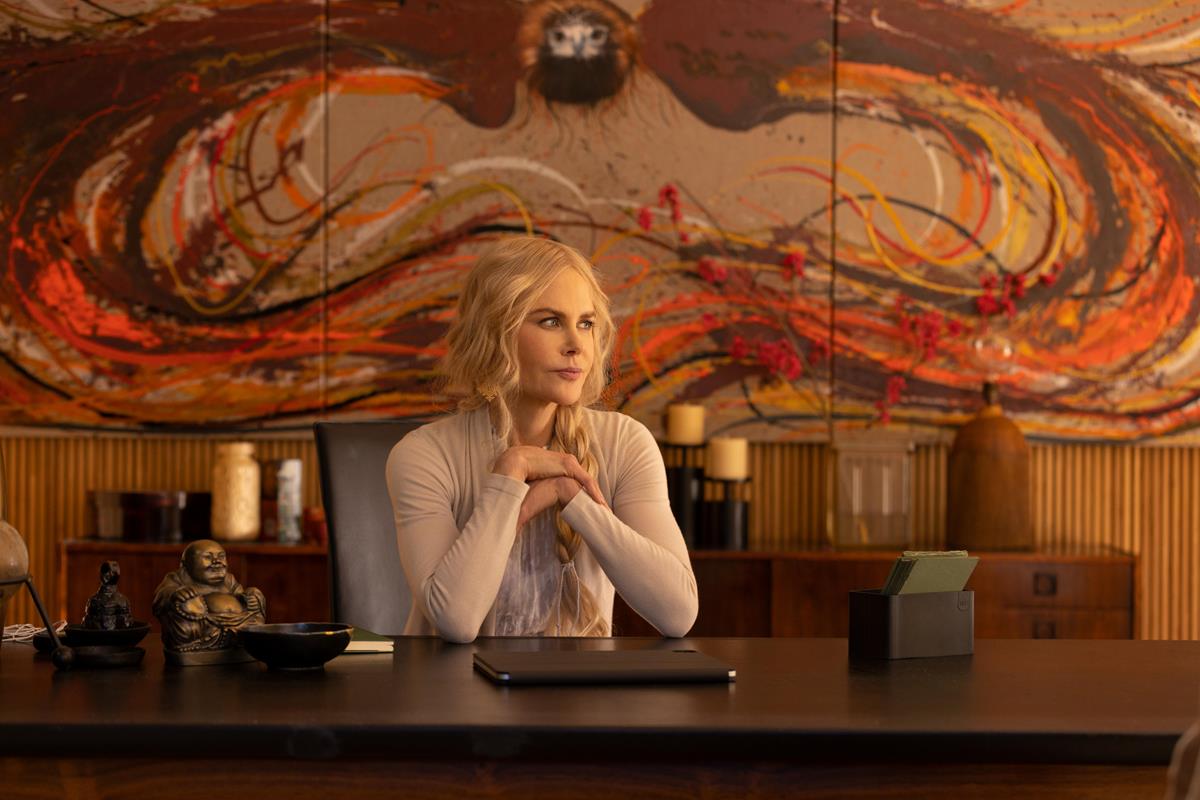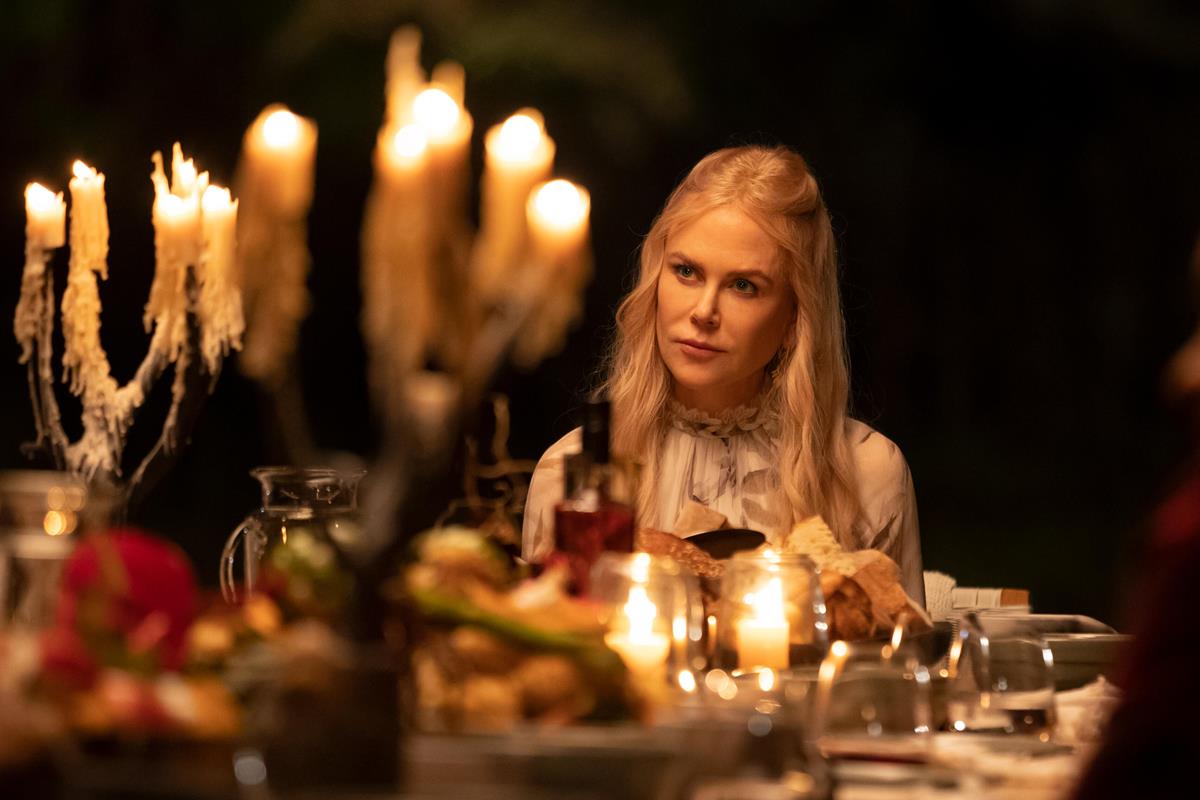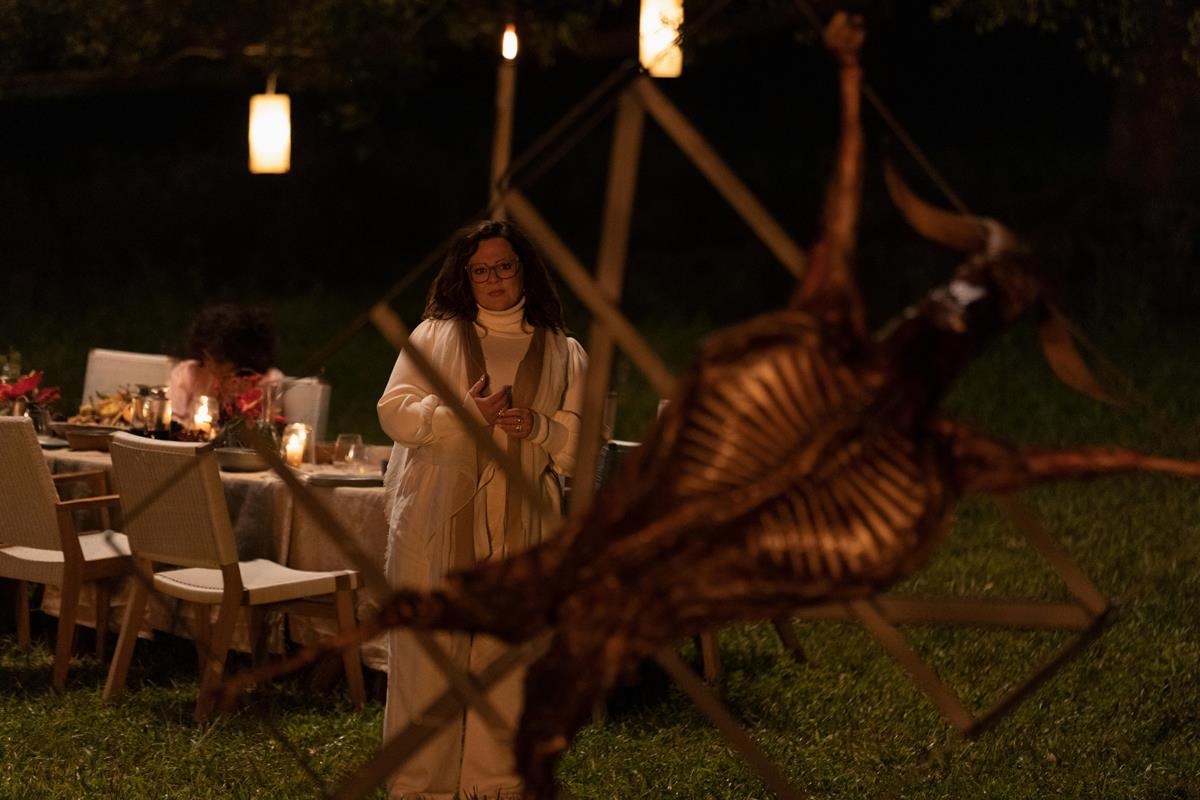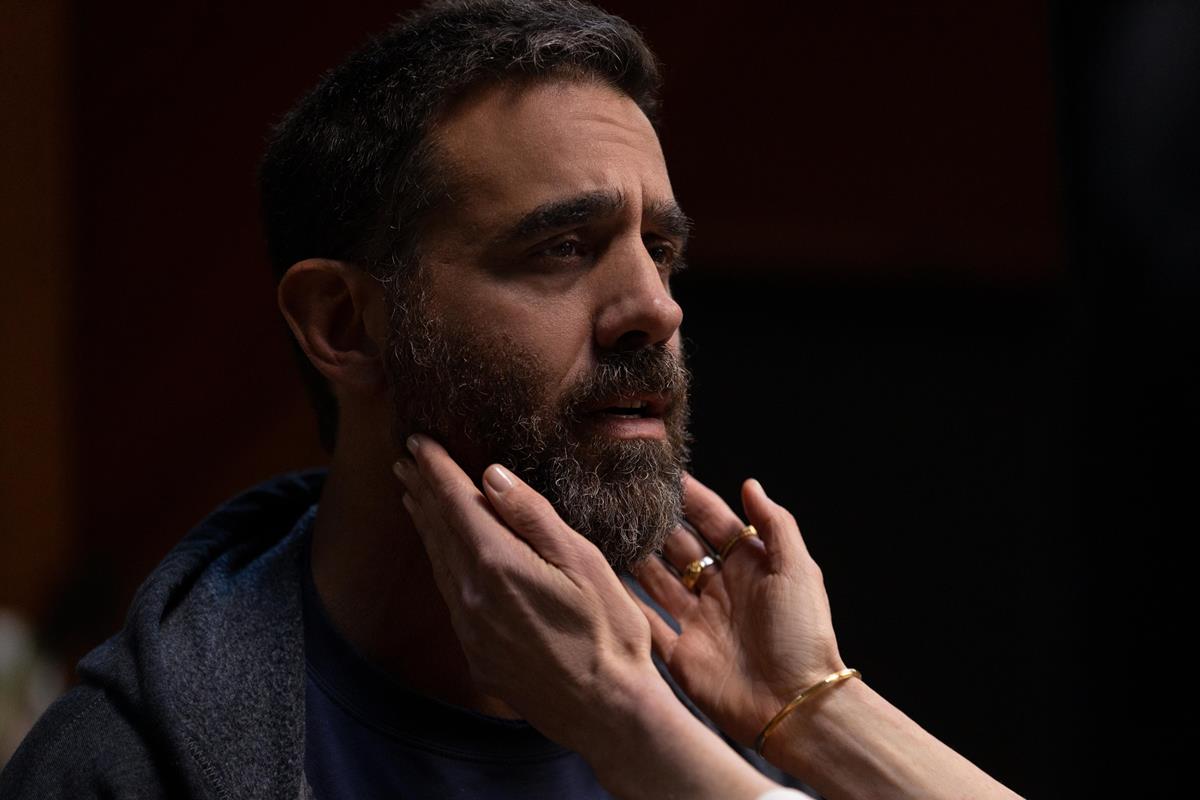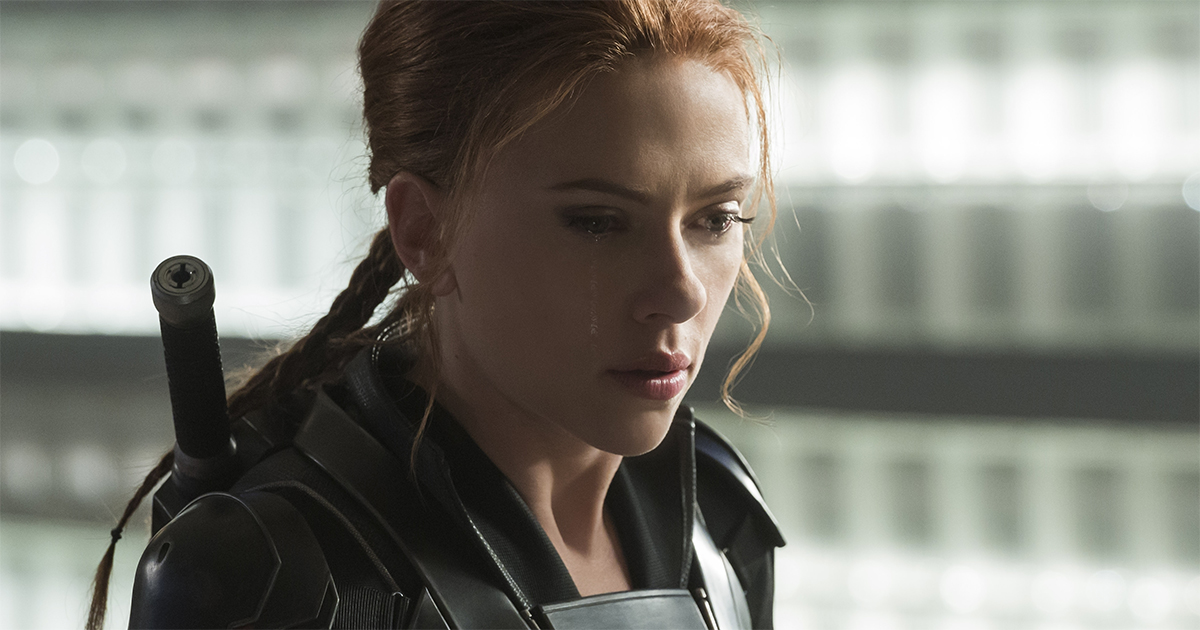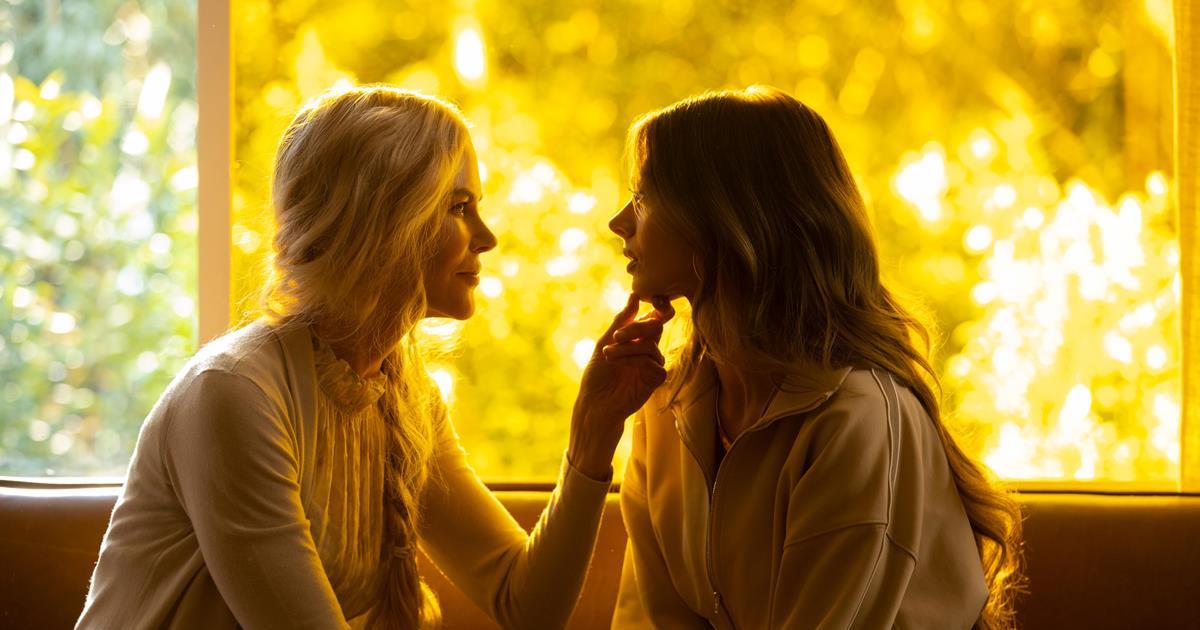
Director Jonathan Levine took the helm of all eight episodes of Hulu’s new limited series, Nine Perfect Strangers, created by David E. Kelley and John Henry Butterworth and based on the book by Liane Moriarty (the author of HBO’s Big Little Lies, which Kelley also adapted for the screen).
The stacked ensemble cast, which includes Nicole Kidman, Melissa McCarthy, Luke Evans, Melvin Gregg, Samara Weaving, Michael Shannon, Asher Keddie, Grace Van Patten, Manny Jacinto, Tiffany Boone, Regina Hall and Bobby Cannavale, might distract viewers from the fact that the entire series takes place in a single locale, the plush wellness resort Tranquillum House, but, sadly, the realities of film and television production in a COVID-19 world means that we might have to get used to more single-location productions such as Nine Perfect Strangers and HBO’s recent hit, The White Lotus.
Tranquillum House is overseen by the resort’s director, an enigmatic woman named Masha (Kidman) one character describes as an “amazing, mystical Eastern Bloc unicorn.” Aided by her loyal assistants, Yao (Jacinto) and Delilah (Boone), Masha is on a mission to reinvigorate the tired minds and bodies of those she selects to participate in her exclusive — and expensive — 10-day wellness retreats. But her methods are controversial, to say the least, and these “nine perfect strangers” have no idea what is about to hit them.
Ostensibly set in Northern California, Tranquillum House is actually a retreat and spa called Soma situated near Ewingsdale, a small town located in the Northern Rivers Region of New South Wales. The Australia-set shoot was arduous, Levine told Casey Mink at Backstage, explaining that while he had directed films like Long Shot, The Wackness and 50/50, he had never been responsible for an entire series before. The director said he had to turn off what he called “the critical mind” in order to take more creative risks:
“By Day 40, you’re not shooting a scene the way you’re shooting a scene on Day 1, and you’re especially not by Day 90. By Day 90, I was trying to come up with new ways to tell the story that interest me and excite me. That was really rewarding and incredible. But, the stamina it requires is crazy — not just physical stamina, but mental stamina.”
READ MORE: ‘Nine Perfect Strangers’ Director on the Series’ Big Lessons—and Big Personalities (Backstage)
“The resort itself is such a big character,” Levine said to Dana Feldman at Forbes. “It was perfect with its amazing woods, jungles and beaches and captured the feeling we were looking for.”
Much like The White Lotus, the characters in Nine Perfect Strangers arrive at Tranquillum House with a good deal of baggage, but the stakes are much higher in the Hulu thriller than HBO’s comedic drama.
“These people come to this place to get better but as the story unfolds they realize it won’t be easy,” said Levine. “It’s hard for them to be in the present and live in the moment. At the same time they’re struggling with the past and feeling angst about the future.”
READ MORE: See How Far ‘Nine Perfect Strangers’ Will Go To Fix Themselves In New Hulu Series (Forbes)
“Levine’s greatest success is in making this cast work together so cohesively,” senior TV editor Liz Shannon Miller writes in her review for Collider, “even if the fluctuations of the tone occasionally get distracting.”
Nine Perfect Strangers “represents a unique entry in the ongoing trend of limited series, so focused on its characters and their journeys that the smallest personal breakthrough feels like an onscreen explosion,” Miller notes:
“The whole concept of looking outside of yourself for answers is for some people a daunting one. Internal monsters are a lot scarier than external ones — and they’re harder to kill. Nine Perfect Strangers captures that dynamic in such an engaging way that while the remaining episodes could change everything, right now it’s one of the most intriguing shows of the year.”
READ MORE: ‘Nine Perfect Strangers’ Review: The Hulu Limited Series Blends Comedy, Drama, and Horror for One Intriguing TV Smoothie (Collider)
In a one-on-one interview with Miller, Levine explained how he approached making the series, including the films he looked to for inspiration when it came to navigating its very tricky tone.
NOW STREAMING — BEHIND THE SCENES OF FAN-FAVORITE SERIES:
As the streaming wars rage on, consumers continue to be the clear winners with an abundance of series ripe for binging. See how your favorite episodics and limited series were brought to the screen with these hand-picked articles plucked from the NAB Amplify archives:
- “Severance:” Now, About Solving the Work/Life Balance…
- Entering “The Gilded Age”
- Class Is Definitely Not In Session: The Horror Delights of “All of Us Are Dead”
- “The Dropout” Is a Slow-Motion Car Crash (and We Can’t Look Away)
- The (Unavoidable) Universal Appeal of “Squid Game” Is By Design
Levine loved the “incredible mashup of different tones” in Nine Perfect Strangers, he told Miller. “I would call references from different tonal columns…I would rip off like 10 different things, and then it would become this whole unique thing, because at your core is these amazing characters and this beautiful story,” he said.
“There was no specific comparison for overarching tone. I looked at a lot of ‘70s art thrillers, like Picnic at Hanging Rock, and Don’t Look Now, and stuff like that. I watched Midsommar a lot. I liked kind of thinking about Polanski stuff too, which is sort of funny and absurdist, but also creepy.”
Bong Joon-ho’s Parasite was another visual reference, along with Lars von Trier’s Melancholia, Robert Altman’s 3 Women, Jordan Peele’s Get Out, and Yorgos Lanthimos’s The Lobster.
“Knowing that even if just like four percent of those things get into the material, it still kind of informs and elevates things in an interesting way for me,” said Levine. “More than anything though, I would just kind of use the characters and the script as the tonal guidelines, but these things kind of subconsciously get into what you’re doing and improve them, I think.”
READ MORE: ‘Nine Perfect Strangers’ Director Jonathan Levine Reveals What Films Inspired the Hulu Drama, and His Season 2 Pitch (Collider)
Levine had previously directed pilot episodes for TV series Rush, which he created, and I’m Dying Up Here, but Nine Perfect Strangers represented a new type of challenge, he told Reyzando Nawara at The Spool.
“Oh man, honestly, I really didn’t wanna direct all the episodes,” he recounted:
“At the very beginning, I was like, ‘Okay, I’ll just do half or five episodes,’ but then as I read more of the scripts, and as I started to imagine how fun it would be and how this project would push me as a director, I just couldn’t imagine anyone else doing it. It was just so exciting to me. And that was it, I just had to do all of them. I had no choice. To be completely honest, it was a very hard thing to do, and you had to be a little bit crazy to wanna do it. But I guess I’m a little bit crazy.”
Taking charge of all the eight episodes of Nine Perfect Strangers allowed Levine to “map out a progression a little bit more. If I was just directing a pilot, I would probably try to condense or distill the style into one hour,” he said.
“But knowing where the story was going and ending definitely helped me outline a visual and narrative progression. By the time you’re so deep into the story and the process of directing them, you really start to achieve some kind of transcendence that you’re just really doing them based on your instinct. It’s challenging, of course, but it’s also a really fun way to do it.”
READ MORE: Jonathan Levine on “Nine Perfect Strangers” and our desperation for wellness (The Spool)
Want more? In the audio player below, listen to Nine Perfect Strangers director Jonathan Levine discuss the making of the series in an interview with WNYC Radio:

